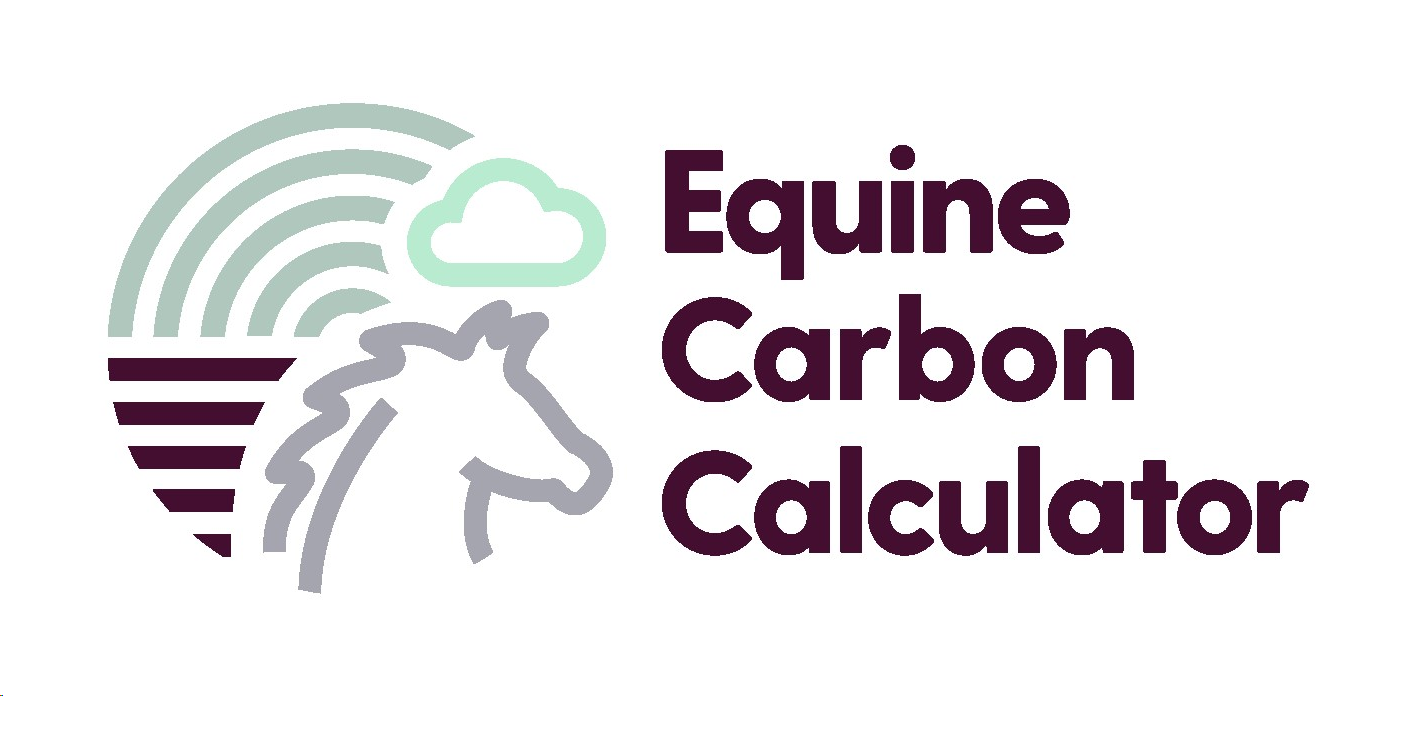Environmental sustainability
British Equestrian and our member bodies have made a commitment to create a more sustainable horse – human – planet partnership.
What is environmental sustainability about?
It encompasses:
- climate change from emissions
- water shortages
- pollution and waste
- biodiverstiy loss
- resource depletion
How does the environment impact our industry and sport?
- climate - extreme variations in rain and heat impact on conditions
- extreme weather - force cancellations
- equine welfare - our ability to keep horses in ideal conditions is compromised
- biosecurity - the warmer conditions increase the likelihood of disease
- water availability - shortages impact on supply
- resource availability - conditions make key items such as hay, feed and bedding more difficult to produce
- public perception - negative images of our sport
- reporting requirements
- changes in legislation
- commercial partnerships
Our environmental vision:
Our vision is to create a biodiverse future, where horses and humans thrive in a healthy ecosystem; where we only take what the earth can sustain, and through responsive stewardship of the land, we lead the way in benefiting the natural world.
In late December 2023, a comprehensive report was delivered by the team from White Griffin which outlines the impact of equestrianism on the environment, the risks, challenges and opportunities we face, a baseline for the equine industry and recommendations. Key headlines from the questionnaire include:
- 67% of those who took part stated environmental sustainability is very important to them.
- The responses indicate the potential of developing the relationship between equestrianism and agriculture with 73% of landowners grazing livestock alongside horses.
- 83% of respondents said waste was the most important topic to address with 80% of individuals citing removal of single use plastics as the second priority.
- Most organisations said lack of money (41%) and time (26%) as their barriers to change.
- Encouragingly, 94% of respondents requested training or access to information to help improve their environmental impact.
Ten overarching recommendations were made covering both organisations which they will continue to work on collaboratively. The BEF report then outlined a number of federation specific recommendations over three phases which shape a road map towards improved environmental practice as an organisation and to support our member bodies for reach across the sector.
bef environmental sustainability report summary
An environmental working group was then established from member body representatives to work concurrently with the BEF Board on the summary document and, in consultation with White Griffin, shape the key points, aspirations and recommendations into a vision document which makes six commitments to environment responsibility to take on the challenges and opportunities around creating a sustainable future.
BEF environmental sustainablity vision document
The vision document outlines a collective agreement to:
Lead and inspire – continuous improvement in our operations to reduce emissions, use less resources and improve waste management.
Educate and inform – provide support to individuals and businesses so they understand the risks, challenges and opportunities of environmental sustainability through centralised resources.
Focus on the achievable – aim for small, manageable changes which collectively have a big impact.
Communicate regularly – highlight progress as well as raise awareness of legislation and risk to help prepare for change.
Create meaningful partnerships – work with organisations and businesses that share our vision and add value.
Influence and lobby – recognise those who are advocating responsible practices, ensure all equestrians are supported to take action to protect the natural world and collaborate with other sectors to drive improvements.
In December 2024 we launched our overarching strategy for the federation which covers the BEF as an operational organisation and a federation-wide blueprint to provide leadership and support to the member bodies and to complement their own environmental strategies. Throughout 2025, there will be a corresponding awareness and education campaign to inspire and engage the industry.
british equestrian environmental sustainablity strategy
Funding partners UK Sport and Sport England have prioritised environmental sustainability as a key area in their social impact campaign to harness the power of sport to drive positive change. UK Sport launched an ambitious strategy in March 2023, the Team of Tomorrow. As part of their actions, national governing bodies will be supported with their sustainability aspirations and the BEF has been selected as part of an innovation cluster accelerator programme alongside British Canoeing, the Royal Yachting Association, British Rowing and British Mountaineering Council. The programme will support the cluster towards producing a carbon footprint and action plan to lead the way for all funded sports to follow.
Sport England luanched their strategy in May 2024 with equally progressive aims. Every Move includes investment of £45 million alongside practical support, trainng, tools, resources and peer learning. As a system partner, our funding will be linked to having robust plans in place as a condition by March 2027 but we're working to be well ahead of that deadline.
This calculator has been developed to empower equine businesses and horse owners to better understand their environmental impact and take meaningful steps to mitigate it. The free-to-use tool - accessible here - also identifies opportunities for businesses to minimise their energy costs and maximise their potential to regenerate the countryside. While carbon footprint tools are prevalent in the agricultural sector and play a pivotal role in government carbon reduction targets, no such tools have been available at scale for equine premises until now.
The launch of the carbon calculator marks the beginning of a comprehensive campaign to educate and inspire the equine industry on environmental sustainability. This initiative will be complemented by a suite of resources set to launch in autumn, offering support to stakeholders across the horse racing and equestrian sectors.
Access the Carbon Calculator tool here.
What changes can all equestrians make to help keep a sustainable environment?
By collectively implementing small changes on the yard and in our everyday lives, we can make a huge contribution to lessening our impact on the environement. Here's a few tips to help:
| Consumerism | Water |
|
- reduce how much you buy |
- turn taps off |
| Energy | Nature |
|
- switch lights and plugs off |
- diversify pasture - leave grass to grow longer - reduce food waste - plant pollinator flowers - install hedgerows - plant trees - work with farmers for manure use - make space for nature - Work with your vet on worming programmes |


.png)

